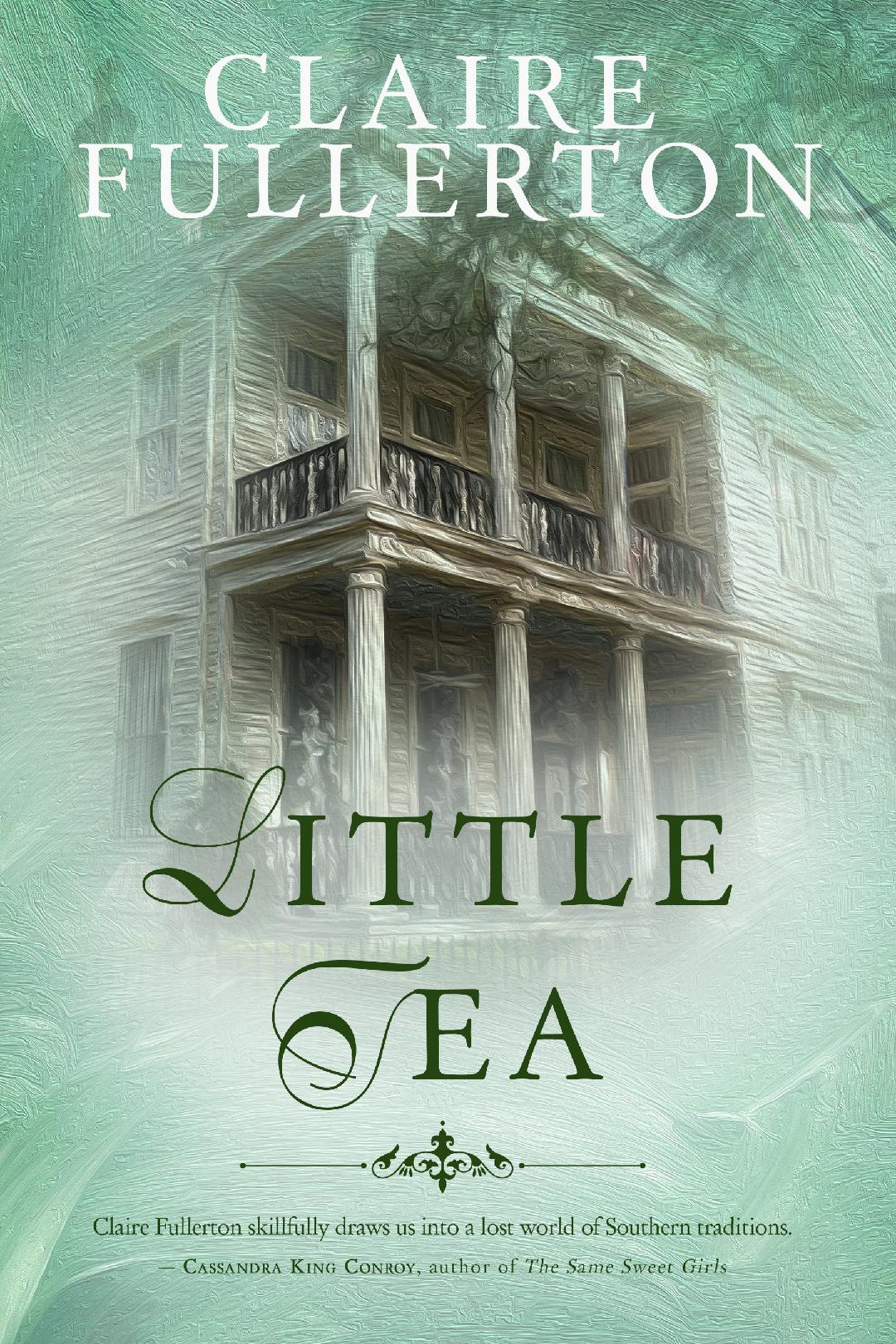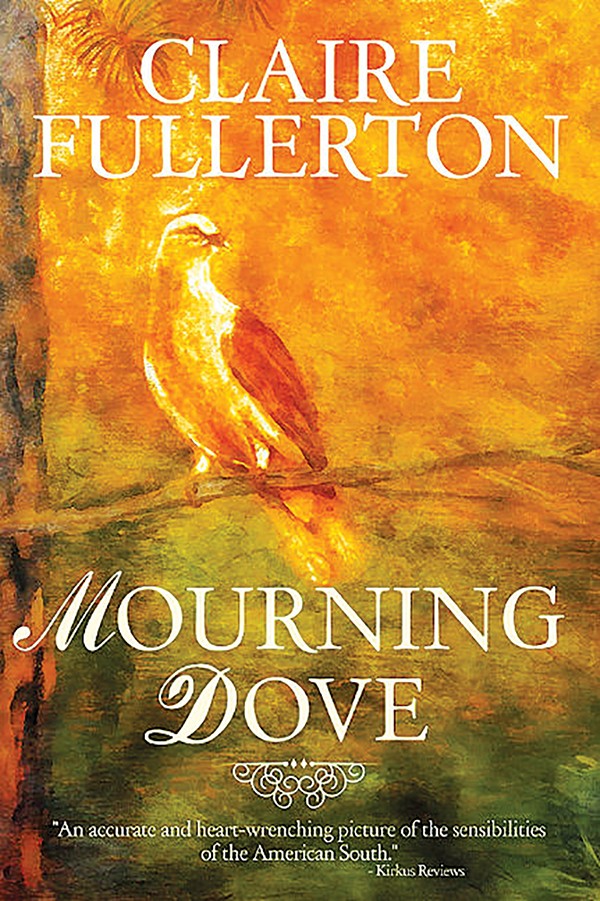There is a distinct note of Southern twang in Claire Fullerton’s voice when she calls me from California to discuss her new novel Little Tea (Firefly Southern Fiction). It’s no surprise. Though she now resides in the golden state, Fullerton is from Memphis, and the city, with its history of story and song, still clearly means much to the author. As she says, “You never belittle your birthplace.” And of course, Memphis — along with nearby Como, Mississippi and Heber Springs, Arkansas — is the setting for her newest novel.

Little Tea is set in Memphis in two time periods — the narrative alternates between the present day and the ’80s. Fullerton’s fourth novel — the followup to 2018’s successful Mourning Dove — follows the narrator Celia Wakefield and hinges primarily on her friendship with Thelonia Winfrey, known also as Little T. It’s a novel about disparities, traditions, social norms and mores, about the slow march toward equality, but more than anything else, Little Tea is a novel about the deep-rooted friendships that bind our lives.
“What started me wanting to write this book was the cognizance of those deep-seated, anchoring, sustaining friendships that we have when we meet our good friends,” Fullerton explains, talking about those friendships that seem to be stronger than distance or social dictates, that can outlast careers, hobbies, fads, and even marriages. “We still have those friends, and those friends know our history and they know our back story,” Fullerton says. “We relate to those friends in a certain way. There’s almost this telepathic understanding.”
That bond of friendship is the through line in Little Tea. As Fullerton writes, in the voice of Celia, “I’ve had more friendships than I care to list come and go over the years. People I thought would be in my life forever fell by the wayside for one reason or another, some leaving me baffled and bruised and second-guessing. But Renny Thornton and Ava Cameron have remained. The progression of years and disparate locations has not altered our bond one iota.”
Claire Fullerton
“We’re all just comparing notes on life,” Fullerton says of herself and her fellow storytellers, whether they work in ink and paper, film frames, or song. And with four novels and a career in radio under her belt, Fullerton can boast her share of experience with storytelling. She worked in radio in Memphis for nearly a decade, logging time at WEGR-Rock-103, FM 100, WMC-79, WEVL, and WSMS. And that was before she made the move to a bigger stage in California.
In other words, it’s a safe bet that the Memphis-born author knows how to tease out a good tale. And, as in so many things, Fullerton says a good story needs subtlety. “A writer can’t come out, laying the cards on the table, and say ‘This is the point,’” Fullerton explains. “You’ve got to leave that to the reader.”
